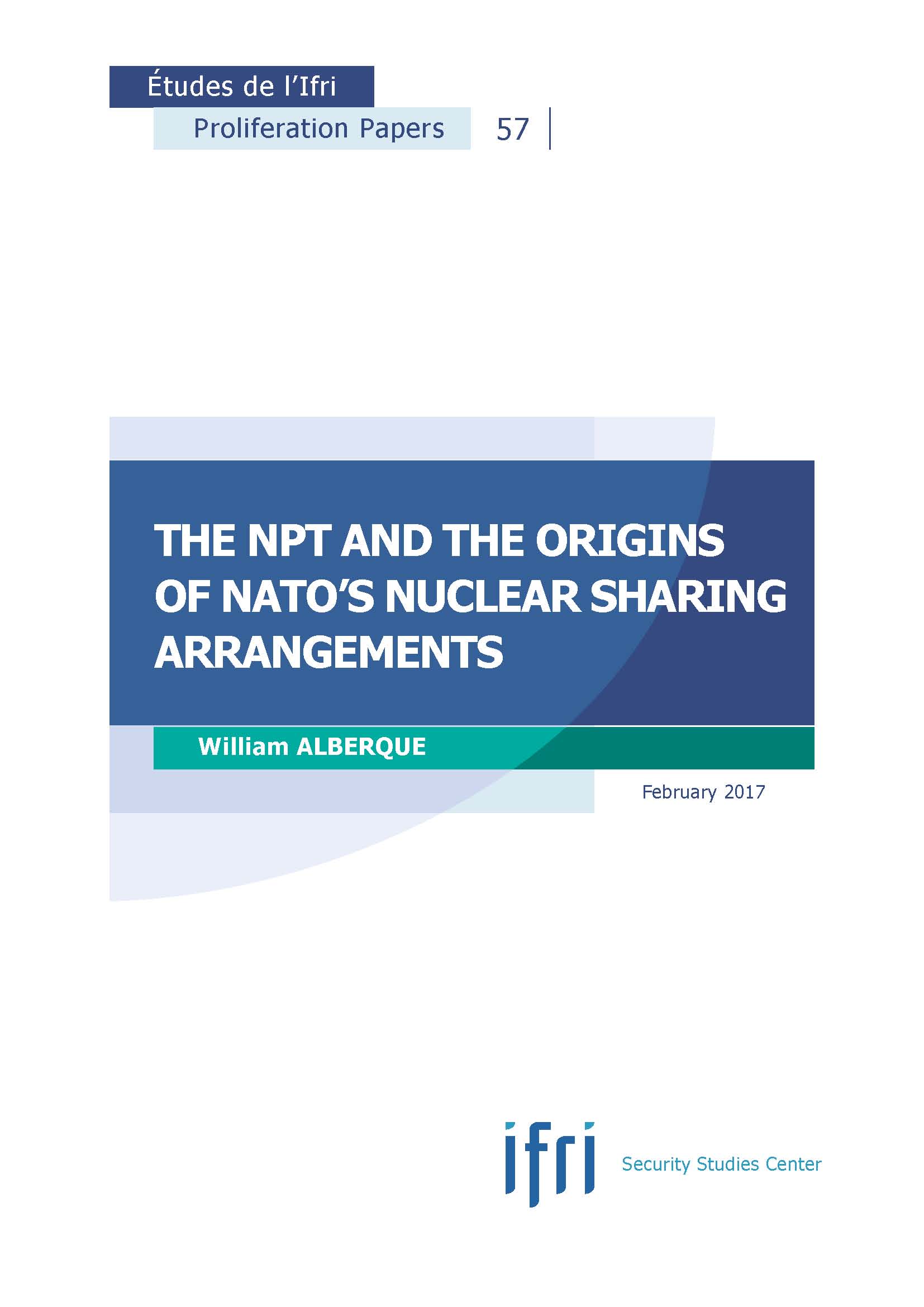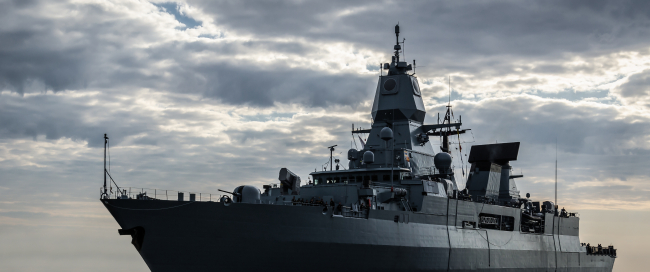The NPT and the Origins of NATO’s Nuclear Sharing Arrangements

Russia has recently accused the United States and NATO Allies of violating the Treaty on the Non-Proliferation of Nuclear Weapons (NPT) by arguing that NATO's nuclear sharing arrangements are not permitted under the Treaty.
On the contrary, the historical record shows that the text of the NPT was crafted by the US and the USSR, in close cooperation, precisely so that NATO's arrangements would be compatible with Treaty obligations – while also constraining the ability of non-nuclear states to acquire nuclear weapons. This paper shows how the US and USSR negotiated Articles I and II – the critical parts of the NPT pertaining to nuclear weapons proliferation. The US explored multiple options and sought to balance several (sometimes conflicting) objectives during these negotiations, from managing its key bilateral relationships (particularly with the USSR and West Germany), to strengthening NATO's defensive capacity and credibility, and, finally, to preventing the further spread of nuclear weapons. Ultimately, the NPT proved successful because the final text proved satisfactory to alleviate the concerns of all parties involved – the superpowers, NATO, the Warsaw Pact and the neutral non-aligned countries.

Available in:
Regions and themes
Share
Download the full analysis
This page contains only a summary of our work. If you would like to have access to all the information from our research on the subject, you can download the full version in PDF format.
The NPT and the Origins of NATO’s Nuclear Sharing Arrangements
Related centers and programs
Discover our other research centers and programsFind out more
Discover all our analysesDesign, Destroy, Dominate. The Mass Drone Warfare as a Potential Military Revolution
The widespread use of drones observed in Ukraine—both in terms of the scale of the fleets deployed and their omnipresence in the operations of both belligerents—appears to meet the conditions of a genuine military revolution.
The Hunt for Economic Security: The Role of Navies in Deterring Threats to the Maritime Economy
The maritime domain is currently faced with a wide variety of threats, such as climate change, economic warfare, shadow fleet operations, protection of critical infrastructures, and illicit activities ranging from illegal fishing to piracy. Navies suffer from inherent limitations when deterring threats to the global maritime economy: their global presence and permanence limits their credibility in terms of deterrence, their focus usually set on immediate deterrence, implementing deterrence by punishment in and from the naval domain is difficult and costly.
A Fragile Consensus? The Pressure on the Norm Against Nuclear Testing
Apart from North Korea, no state has conducted explosive nuclear tests in the 21st century, reflecting the emergence of a strong international norm against such testing.
The Franco-German Brigade and the Revival of European Defense
One thing has been clear since Donald Trump's return to the White House: the very existence of the European unification project is threatened. Unless it develops a sovereign defense policy to counter the war in Ukraine and the weakening of American security guarantees, the European Union will continue to see its internal cohesion and external attractiveness wane.










